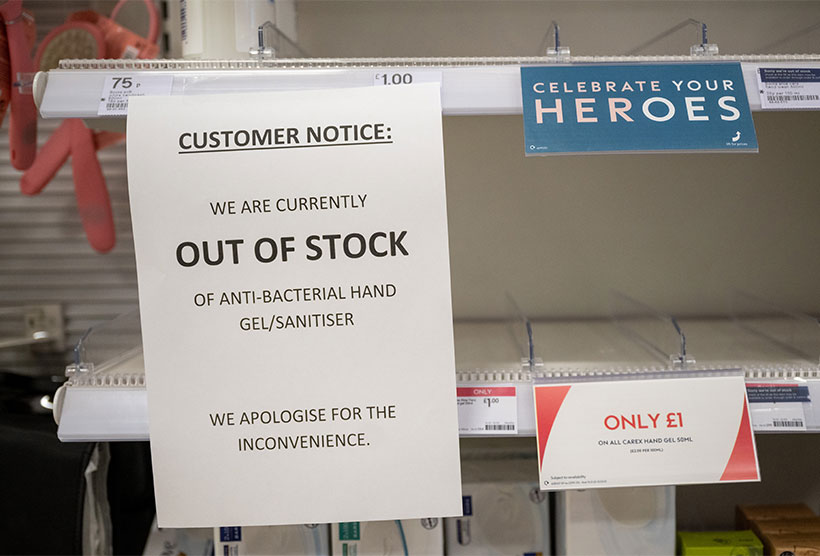The plague that struck Athens in the summer of 430 bc was a killer: it lasted for two years, returned after a year, and carried off a third of Athens’ manpower, including Pericles. From the historian Thucydides’ famous description, the plague — he caught it but recovered — bore certain resemblances to Covid-19 (allowing for differences in severity), but also invites reflection.
He is the first Greek to mention two common illness-related phenomena: contagion — he says that, because of their exposure, there was a high death-rate among doctors and among those with the courage and sense of duty to try to care for the sick — and some immunity from further attack among survivors who, he says, concluded they would live for ever. The result of contagion, he goes on, was that many Athenians died in isolation, especially as caring for them seemed to have no effect at all. Some remedies seemed to work, but what was effective for one person proved useless for another.
It is in his description of the wider social consequences that Thucydides provokes thought. The plague was so deadly, he reports, that it soon became clear that no one would live long enough to pay a price for their behaviour. Time-honoured funerary practices were ignored — any private family pyre would do for cremating a corpse — and immediate pleasure became the priority. Since no fear of gods or law was any constraint and the impious and pious suffered without distinction, the social fabric of the Athenian world began to crumble. The life of honour was no longer a goal, and the aim was to get as much enjoyment out of life as everyone could in the time available to them.
In the UK there are already trivial, but nevertheless indicative, signs of social breakdown (sanitisers being ripped off hospital walls, for example). But if an Athenian-style plague is just around the corner — and Covid-19 shows how possible that is and where its source would probably be (though all animal-derived human food has its dangers) — modern medicine will be helpless, the social consequences terrifying and global warming totally forgotten.






Comments